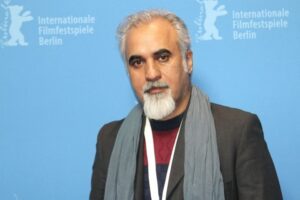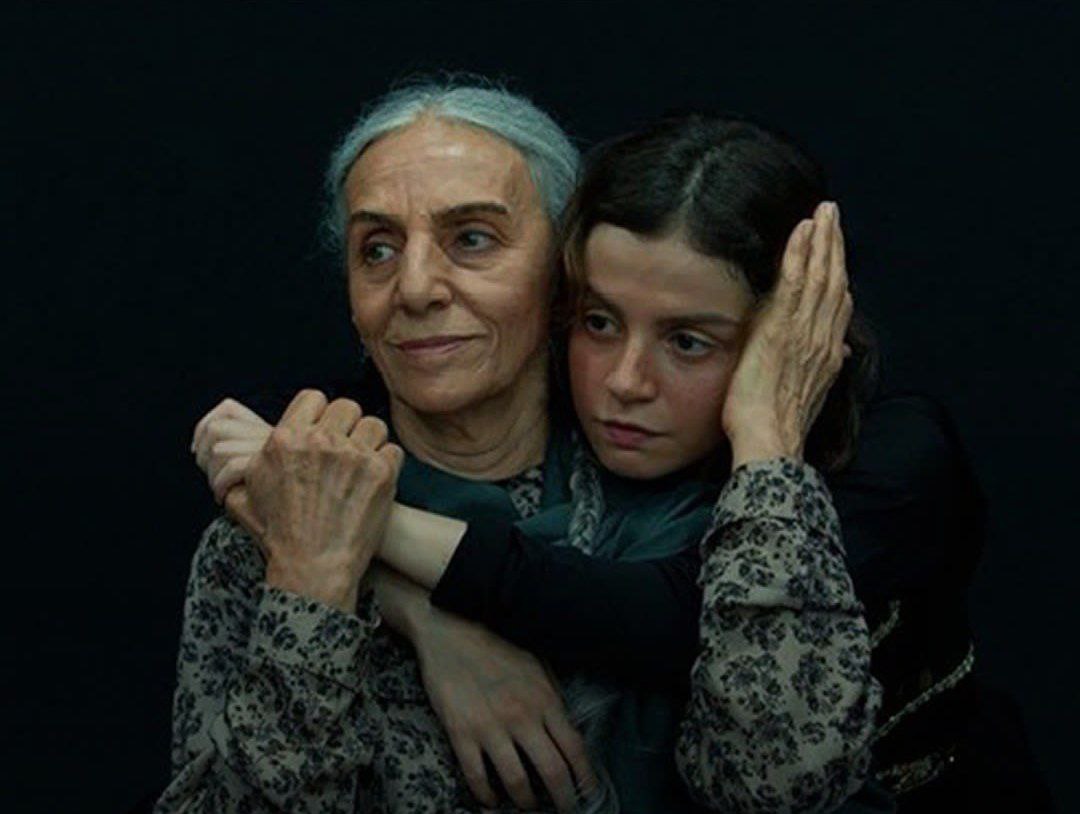 cinema cinemaMohammad Haqit
cinema cinemaMohammad Haqit
Nader Saeevar is one of the new generation filmmakers, who has entered Gonan festivals with his works and won various awards, including the Best Screenplay Award at the 2018 Cannes Film Festival for three sides which was written jointly with Jafar Panahi and Panahi directed it. Saee War was born on July 30, 1353 in Tabriz. He started his career in 1370 with 8 mm films in the Young Cinema Association. He graduated from Arak University in the field of dramatic literature in 2004 and from the Faculty of Fine Arts in Tehran in 2007.
In the field of television series, he started writing screenplays and made a number of series since 2015. Most of his feature films “You are a stranger» In 2018, he entered the Forum section of the Berlin festival, which introduced him as a creative and talented filmmaker. “B the endHe confirmed this point in 1400. This film made it to various festivals and was able to win the Goa Grand Prize in India. He is apart from the filmmaking of the novel Yashmaq has also written His latest movie the witness has entered the Venice Festival in the Extra Horizons section.
This work is in Persian language and its story takes place in Iran. The story is about the life of an old lady who was a school teacher who one day witnesses the murder of one of her students. Although at first he is afraid to reveal the killer due to the special circumstances, but he finally overcomes his doubts. This work is considered a product of Germany. Jafar Panahi, who in recent years has always had Sai Var by his side in various fields for the production of his works, has collaborated with him in writing the scenario.
Nader Saeevar says about the initial idea for writing his scenario:
“The basic idea of the film is original. But it is affected by the events of the day and familiar people, especially in social fields. Therefore, watching the movie, you may be reminded of concrete examples of characters in Iranian society.”
Saeevar takes his subjects directly from current events in society and believes:
“Making movies, at least for me; First is to pour water on the fire inside me. It is important for the filmmaker to be honest in dealing with his true self. Maybe by recording the events of the day, a little of the burden of moral and social duty will be removed from my shoulders. Anyway, man is a difficult task!”
In response to the fact that he wrote the scenario in collaboration with Jafar Panahi and explains how their method is:
“Jaafar Panahi was and is a teacher and guide for me. I am like a bird that flies with enthusiasm and very fast. But Jafar Panahi shows me the way back home. Maybe if it were not for his guidance, I would fly and go so much that I would even lose myself. It has happened many times that in the stage of writing the script; Without his presence, I feel lost in the endless space. It means that I have lost the thread of the rosary and I have completely forgotten what I am trying to achieve… »
But the issue that has arisen in the case of Panahi and Saeevar – like many other Iranian filmmakers over the years and has gotten worse – is that the films of these filmmakers cannot be screened in Iran itself!
Sai Var says:
“It is natural that I am also upset that my films have not been shown in Iran. But there was nothing strange for me. Because I knew from the very beginning of writing the screenplay that my films are not going to be shown in Iran, at least in the natural cycle. But today, with other technology, blocking movies is like child’s play. One day, my films will finally reach their audience. Now by all means! Of course, these people are deprived of many more important things, so my films may not even be in the top priority. Therefore, one is ashamed to shout in front of the people who live for their bread, why don’t you show my film!»

In the previous two films of this filmmaker – the rhythm of the mise-en-scène and the movements of the camera, as well as the presence of the characters are calm and sometimes slow, which of course can have its own occasion and justification – but in the film “Witness” We are witnessing a change in rhythm. In the previous two films, the characters seem passive and unwilling, but now they react. One of the factors of this mobility is the presence of dance in the space of the story, which works in two areas. One is the creation of the dance teacher and the energy he gives to the young girl’s poetry, and she lets herself go, and the other is the teacher’s not being silent, who witnessed the murder.
Sai Var says:
“RThe plot of the film is determined by the events of the film itself. In the previous films, we were faced with a subjective issue that gradually affects the lives of the characters. That’s why we had fewer cuts to give the story and the atmosphere of the scene a chance. But in this movie, it happens brazenly and unexpectedly and very quickly. I could not narrate this incident with the same rhythm as the previous films. On the other hand, the character of this film, unlike my previous films, was a more practical and justice-seeking person. In the previous two films, the characters see and practically cannot do anything. But in this movie, the main character finally wants to act. He wants to take a step to implement justice. From this point of view, maybe the three films I have made are a reflection of my life in the last ten years in a prosperous society. From being an observer and bewilderment and suppression and fear and doubt, reaching practical action! A challenging path that many of us have traveled in the last ten years.”
